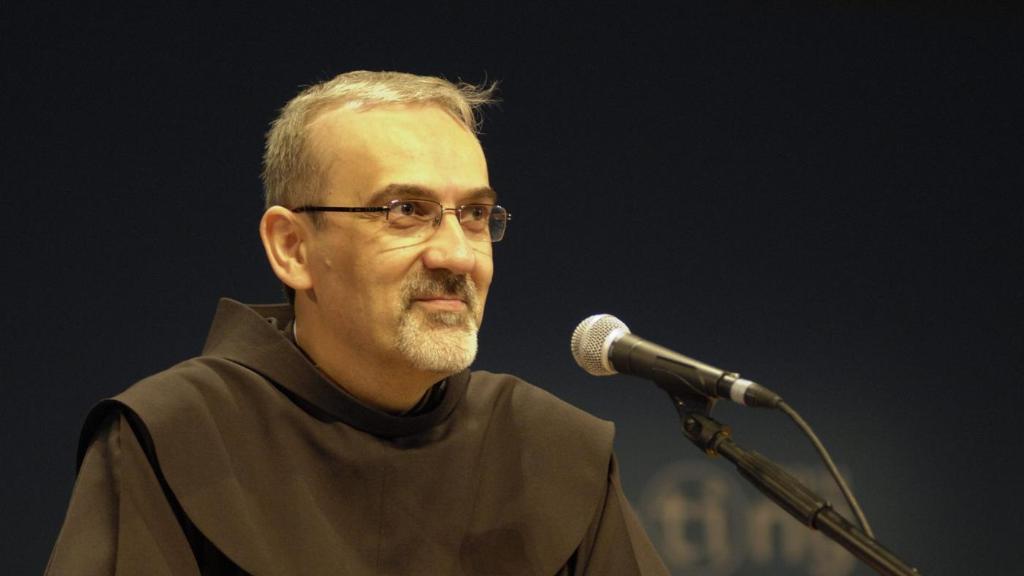The Apostolic Administrator of the Latin Patriarchate of Jerusalem reflects on the meeting between the Pope and the Great Imam in the United Arab Emirates: now we must transmit that spirit to the people.
Today, religious leaders have the “responsibility to transmit” the spirit of dialogue experienced in the Gulf. Those days, and in particular the meeting between Pope Francis and the great imam of Al-Azhar, Ahamad Al-Tayyb, which culminated in the joint signing of the “Document on Human Fraternity for World Peace and Living Together”, are a “milestone” that gives us courage for the future”. Word of Monsignor Pierbattista Pizzaballa.
We interviewed the Apostolic Administrator of the Latin Patriarchate of Jerusalem at the Founder’s Memorial in Abu Dhabi: Pizzaballa was one of the 700 religious leaders who participated in the event with the Pope and the Great Imam.
How would you define what happened between Francis and Al-Tayyb in the Gulf?
“I believe it is a milestone in the relationship between Christians and Muslims. The fact that in the heart of the Islamic world there was a meeting of this kind, that they were talking about fraternity between believers of different religions, about the need to combat all forms of religious exploitation, is very important and will have a decisive impact in the Arab world, which needs these kind of gestures”.
What responsibilities do religions have today?
“Religious leaders are the ones who – above all – have a responsibility: it’s not enough to hold meetings, we must return home and pass on to our own people what has been done here. And this is much more difficult and will never be a linear process, because it touches conscience, history, and traditions. It will be a complicated process. But we have seen a milestone on this irreversible path.
In the Emirates the Pope also spoke of development: how will the days of Abu Dhabi have a concrete impact on people’s lives?
“Pope Saint Paul VI already said that development is synonymous with peace. If we want peace it’s not enough to make speeches about peace and not look at the reality of the territory in which there is a widespread misery, with enormous inequalities between the wealthy and the poor. The kind of development which implies social justice and respect for human rights, is not just a religious or economic discourse: religion and economy as well as politics must each have the same orientation in their own fields”.
Are you optimistic for the future?
“The near future will still be very difficult. But gestures like that of the Pope and the Great Imam give us courage to keep going, in spite of everything, against the current tide and towards a future of peace”.






